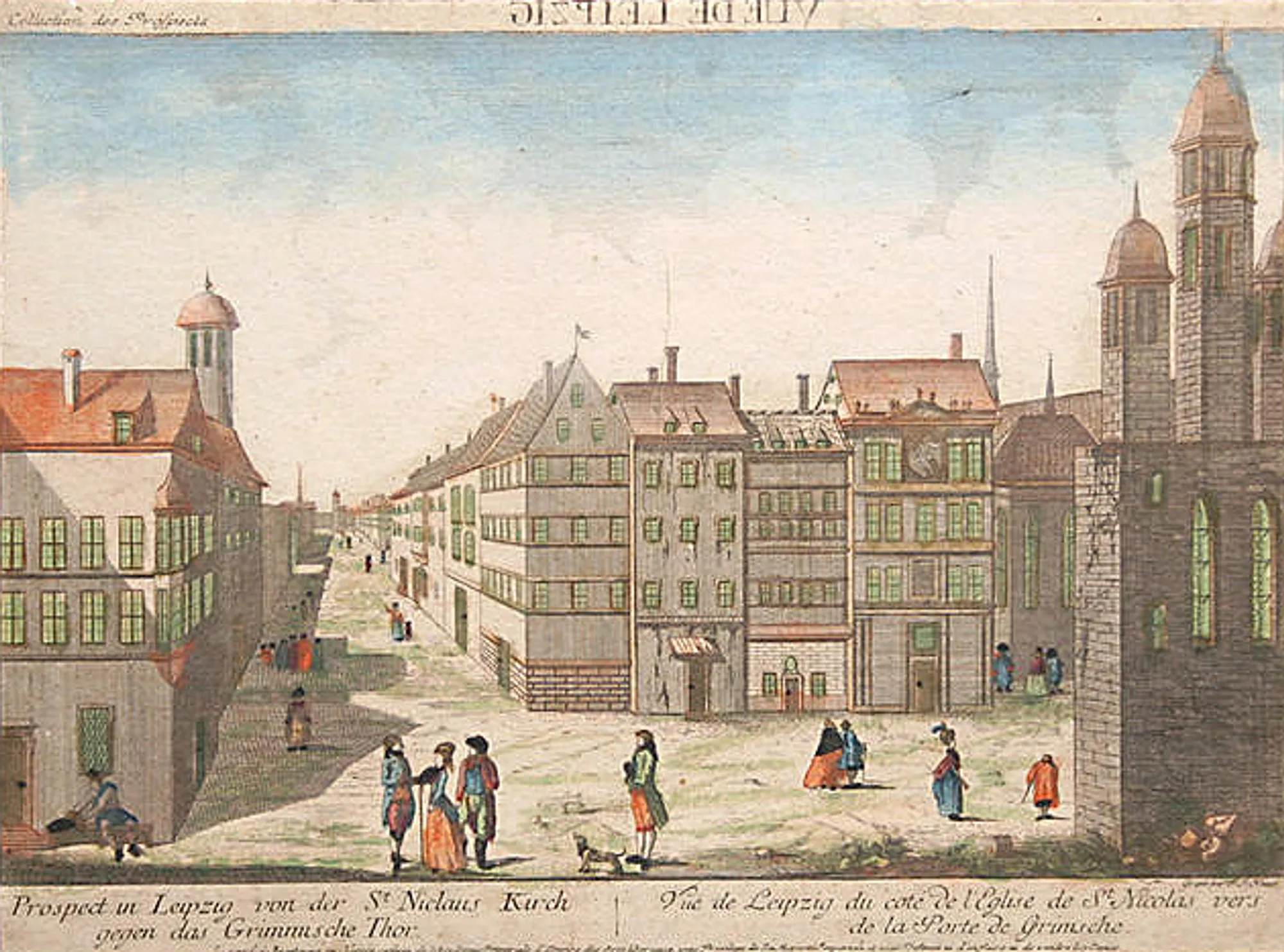Subversive Bach

“Ruht wohl, ihr heiligen Gebeine” is the magisterial concluding chorus to Bach’s Johannes-Passion.
Simultaneously comforting and disquieting, part lullaby and part lament, invocation and injunction, it is the perfect encapsulation of Good Friday. As John Eliot Gardiner notes, the stately theme evokes the image of Christ’s body being lowered reverentially, even ceremoniously, into the grave. The text addresses this body – or, rather, the limbs themselves, lifeless and powerless, now mere mortal remains. What do they mean for us, listeners and participants? They have played their part in the narrative thus far, and we hope and trust that they now are the means of our salvation.’
But with each further repetition of the address Ruht wohl, an anxiety creeps in – the feeling of enclosure, a gesture of encircling, a propelling force that drives ever downward and gains strength. The earth itself starts to close in around us – or is it the smothering embrace of those same sacred limbs? The music brings out this sense of inexorableness that the text signals with words like bestimmen (designate, determine, appoint) and the clipped, forceful, almost untranslatable Not (destitution, misery, dire need).
But just as this feeling becomes overwhelming, a quartet separated out from the main chorus shifts the perspective. What was supposed to be inevitable and inescapable is now shown to be the very means of freedom, the way out. The imagery of enclosure is retained but is now reversed – it is Hell that is walled off and Heaven that is unlocked. The grave is the site of transformation, where those sacred limbs show their dual character as both lifeless and liberative. Bach shies away from nothing in the human experience; it is all there to be considered and understood.
Bach here adeptly fuses art and theology to achieve a robust interpretation of salvation (equal to any written work) along the lines of the ancient Christus Victor model, where the devil is baited into capturing Christ, only to be thwarted by his conquering divinity. Bach’s intent was to prompt his first listeners to think on these things on this most important day of the liturgical year, and he even may have intended this as a subversive challenge to the predominant Lutheran view of salvation (penal substitution, where Christ’s punishment serves as legal satisfaction for divine justice).’
In light of contemporary theologies of liberation, the Johannes-Passion takes on an added element of subversion. Our bonds are the means of our liberation, not only spiritually but socially. The seemingly inexorable demands of sinful structures of oppression are no more to be accepted with grim resignation but are to be challenged in light of the transformative power of this conquering Jesus – of which the church ought to be a primary vehicle. Such profound music is both a reflection and motivator of that transformation."
Here is my (very loose, hopefully accurate) translation of this verse:
Rest well, O thou hallowed bones,
Ruht wohl, ihr heiligen Gebeine,
Which I never more shall mourn,
Die ich nun weiter nicht beweine,
Rest well and bring me also peace!
Ruht wohl und bringt auch mich zur Ruh!
The grave, thus for you ordained
Das Grab, so euch bestimmt ist
No more embraces fated ruin,
Und ferner keine Not umschließt,
But opens Heaven, walls off Hell for me.
Macht mir den Himmel auf und schließt die Hölle zu.